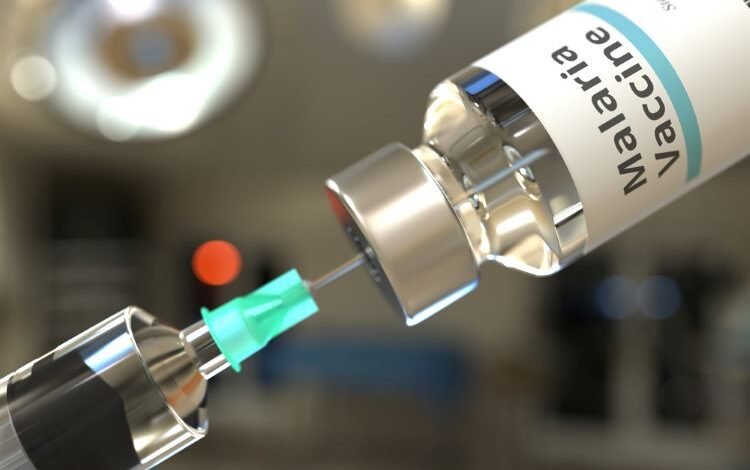Pioneering malaria vaccine gains regulatory clearance

University of Oxford-developed R21/Matrix-M malaria vaccine has secured approval in two African countries.
The R21/Matrix-M™ malaria vaccine, developed by the University of Oxford, has been approved for use in Ghana (13 April 2023) and was authorised for use in Nigeria on 17 April.
[Regulatory] approval of the [R21/Matrix-M™] malaria vaccine in Ghana was the first in the world”
Approval of the malaria vaccine in Ghana was the first in the world. Granted full national licensure by the country’s Food and Drugs Authority (FDA Ghana), it is authorised for children aged 5 to 36 months. This age group is at highest risk of death from malaria.
It “marks a culmination of 30 years of malaria vaccine research at Oxford,” announced Professor Adrian Hill, Chief Investigator of the R21/Matrix-M programme and Director of the University of Oxford’s Jenner Institute at the Nuffield Department of Medicine. Ghana’s regulatory approval is a vital step in helping to reduce over half a million malaria-related deaths annually, stated the institution.
Professor Hill added that the “partnership with the [vaccine’s manufacturer] has been key to successful very large-scale manufacturing and rapid development.” Its manufacturer highlighted potential manufacturing capacities of over 200 million doses annually.
How does the R21/Matrix-M vaccine work?
R21/Matrix-M contains Novavax’s saponin-based adjuvant Matrix-M, which enhances immune response, making it more potent and more durable.
The adjuvant stimulates the entry of antigen-presenting cells at the injection site and enhances antigen presentation in local lymph nodes. This technology has been used successfully in Novavax’s COVID-19 vaccine.
Clinical trials for the malaria vaccine
In Phase II trials, the malaria vaccine demonstrated high levels of efficacy and safety, including in children who received a booster dose of one year following a primary three-dose regime.
The booster dose of R21/Matrix-M continued to meet the World Health Organization (WHO)’s Malaria Vaccine Technology Roadmap goal of a vaccine with at least 75 percent efficacy.
2021 results from the Phase-IIb trial reported that R21/Matrix-M demonstrated high-level efficacy of 77 percent”
This followed 2021 results from the Phase-IIb trial reported that R21/Matrix-M demonstrated high-level efficacy of 77 percent.
Recent data from the ongoing Phase III trial in that enrolled 4,800 children, also show high levels of efficacy and a reassuring safety profile.
Further results from the R21/Matrix-M vaccine trials are expected later this year.
Related diseases & conditions
Source link
#Pioneering #malaria #vaccine #gains #regulatory #clearance